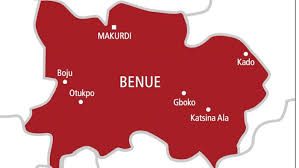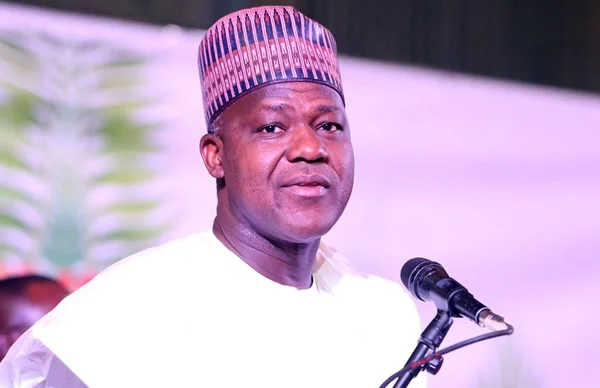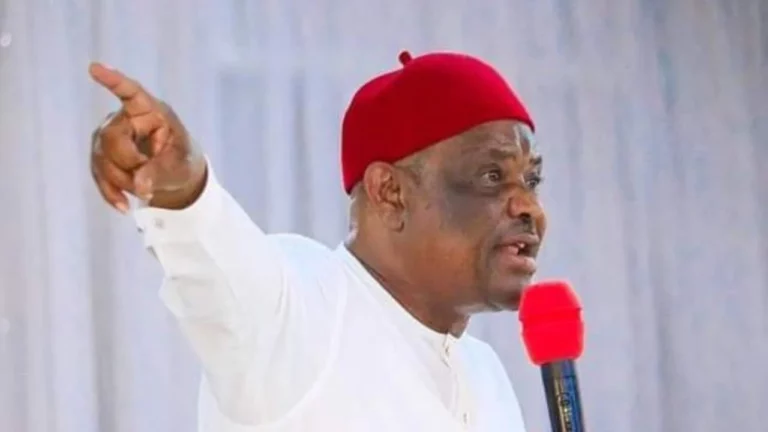NEWS EXTRA: Nnamdi Kanu has agreed to fulfil any condition if released, says Abaribe
Enyinnaya Abaribe, senator representing Abia south senatorial district, says Nnamdi Kanu, leader of the proscribed Indigenous People of Biafra (IPOB), is willing to fulfil any condition that would lead to his release. Abaribe said this during a chat with journalists on Wednesday, after senators from the south-east geopolitical region emerged from a meeting with […]
















